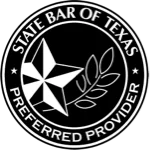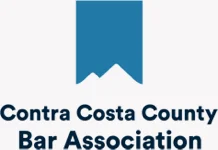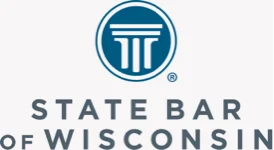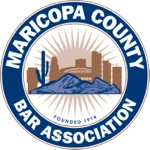Got a domain name? You need to protect it—at all costs.
Your domain name is one of your firm’s most important digital assets. It’s the way your clients find you. It’s in your email address. It’s your online reputation. So how’s your security?
Many firms make the mistake of spending too much time choosing a domain name and not enough time protecting their domain name. You think you own your website, but the reality could be a lot more complicated. There are bots, scammers, and competitors who are looking for trouble.
Here are three steps to lock down your firm’s domain name.
Step 1. Enable auto-renewal on your domain name
Too many law firms lose their domain names because someone forgot to renew them.
If you forget to renew, you cannot always fix it by clicking a button.
When a domain goes down, the website goes down. Email stops working. Worst of all, the domain may be picked up by a squatter or competitor within hours.
Here’s the fix: enable auto-renewal with your domain registrar.
When your domain is set to renew automatically each year, you’re never at risk of losing it to a technical oversight. Just make sure your payment information on file is accurate and up to date. If your firm uses a shared card or one tied to a former staff member, update it now. Hold your marketing agency accountable for these details—they matter.
Tip: Set a recurring calendar reminder once a year to double-check your domain status, just in case.
If you’re switching to a new host or going through a website redesign, there are separate considerations to protect your rankings. While you’re at it, think carefully about which content to migrate to a new site, too.
Step 2. Lock the domain name with your registrar
What is a domain lock? A domain lock is a security feature that prevents your domain from being transferred or modified without explicit permission.
Most reputable registrars offer domain lock as a default setting—but it’s worth checking to be sure.
This is not overkill. Domain hijacking is a very real threat! Hackers and bots are always trying to transfer domains without authorization, often by tricking someone into giving up access or by exploiting weak settings.
Ensure that domain lock is in place so that unauthorized changes are blocked automatically.
You will have to unlock the domain manually if you ever need to make major changes. But that’s the point. It’s like sliding shut a deadbolt on your firm’s front door.
Step 3. Keep your domain registration details private
Here’s a quick explanation of domain registration details.
Every domain name has an associated set of contact information. This is publicly available via the WHOIS database—unless you opt out.
If you do not have privacy protection and your firm’s domain is registered, then your admin’s name, email, phone number, and address could be out in the open. This is especially risky if you’re using a personal or solo practitioner domain with your own name.
Public contact info provides an easy way to get spammed, phished, or impersonated.
Choose WHOIS privacy protection to mask your domain’s contact details so they aren’t publicly searchable.
This is a small, inexpensive upgrade. In fact, it’s often included free with domain registration.
Note: Some country-specific domains (like .ca) automatically include privacy protection for individuals but not businesses. Double-check your settings regardless of the extension.
Review and next steps
Don’t wait until it’s too late! This is a task that could easily fall to the bottom of your to-do list week after week. But listen: spending just five minutes on domain protection now could save you hours of headache in the future.
Your firm’s domain name is more than just a URL. It’s your digital identity and your reputation. The consequences are severe if your domain name is lost or compromised. Is it worth risking clients, SEO penalties, and costly recovery efforts?
Next step: Take a moment today to confirm your settings and make sure your firm’s digital foundation is secure. Reach out with all your digital security questions and book a free consultation.












